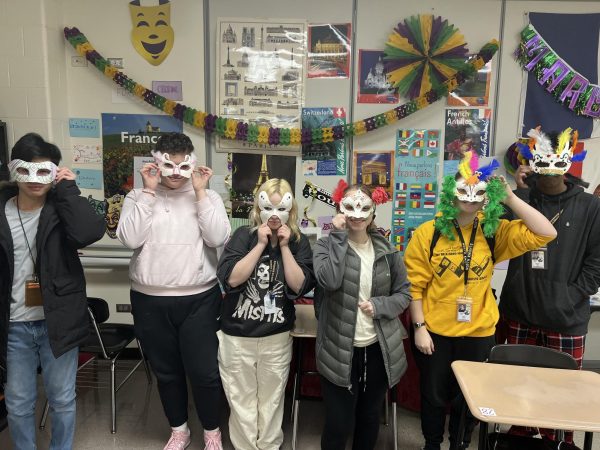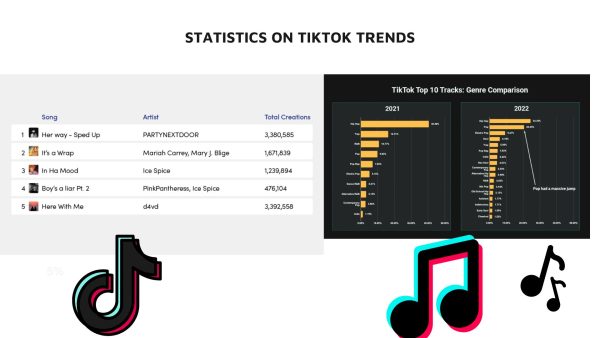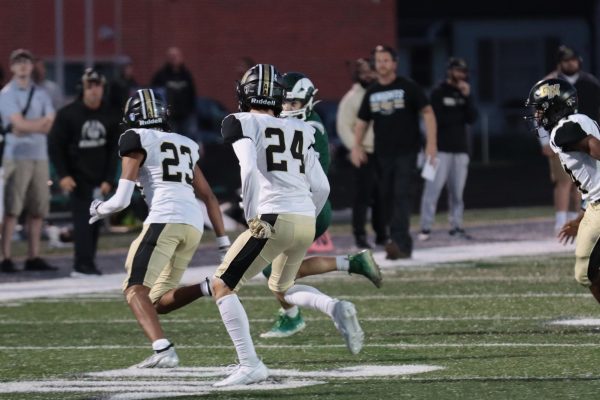Human Rights Month celebrates equality
Throughout the course of recent years, the idea of human rights has become more and more of a topic to talk about. With the month of December being Human Rights Awareness Month, the school and community all share their opinions about what human rights means to them specifically.
“Human rights is an especially broad, but kind of making sure that all people have access to essentially what we need to be healthy and happy individuals, is kind of how I would look at it,” said social worker Joe Alger.
“Human rights reflect the minimum standards necessary for people to live with dignity. Human rights give people the freedom to choose how they live, how they express themselves, and what kind of government they want to support, among many other things,” said senior Knights Way member Richard Moung. “Human rights also guarantee people the means necessary to satisfy their basic needs, such as food, housing, and education, so they can take full advantage of all opportunities. Finally, by guaranteeing life, liberty, equality, and security, human rights protect people against abuse by those who are more powerful.”
There are many different ways that human rights are practiced, and even some that are not looked at as much as others.
“In my opinion, one of the largest examples of people’s human rights being taken advantage of right now in the U.S. is the mass incarceration system we have implemented. The conveyor belt effect that the continuous oppression of black and brown people in this country has can be equated to a continuation of slavery that goes back to the 1980s and the Reagan administration. Following years of slavery and other institutional forms of oppression including discrimination in the housing market creating large, poverty-stricken, urban communities of black and brown people, the Reagan administration funneled crack-cocaine into said communities which played a big part in creating the urban communities to private prison pipeline we see today, and since people incarcerated in private prisons can not vote and are subject to completing unpaid physical labor, they are effectively slaves to the U.S. government,” said senior Sam Krischak. “I think that is one of the largest domestic abuses of human rights we see today. I suggest looking into the broken-window political theory and/or reading ‘A Colony in a Nation’ by Chris Hayes to learn more. Abroad, a very pressing human rights violation in the world would be the Chinese government’s placement of Muslim people into concentration camps where they are forced to denounce their religion and are oftentimes beaten or killed.”
Along with Krischak’s opinion of what rights are currently being taken advantage of, Moung also believes there are different ways of interpreting the Second Amendment.
“The Second Amendment was passed by Congress in 1789 and later ratified in 1791 and states that ‘a well-regulated militia, being necessary to the security of a free State, the right of the people to keep and bear arms, shall not be infringed.’ This Amendment gives people a sense of security. It is estimated that more than a third of Americans own a gun. These people include hunters, collectors and those who use firearms for safety. For any reason you feel the need to defend your life or others, it is necessary and appropriate to use a gun. However, Second Amendment crosses a line when firearms are used otherwise, some examples being mass shootings, threat or suicide,” Moung said.
Despite having rights taken advantage of, there are also specific organizations and politicians in the United States that advocate for human rights.
“I think there are many amazing groups in the US advocating for human rights even when the federal government is heavily lacking in that area. Organizations like the American Civil Liberties Union (ACLU), the Anti-Defamation League, and the Center for Constitutional Rights are doing some amazing work right now in protecting the human rights of many minority or otherwise disparate communities in the US, especially in the face of an administration with very regressive policies,” Krischak said. “I also think the current group of legislators in the House of Representatives has been very proactive in trying to counteract some of the regressive policies coming out of the executive branch. People like Alexandria Ocasio-Cortez and Ilhan Omar are beacons of hope to many in the U.S. searching for people that will advocate for their human rights.”






